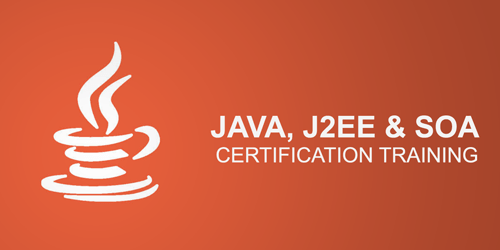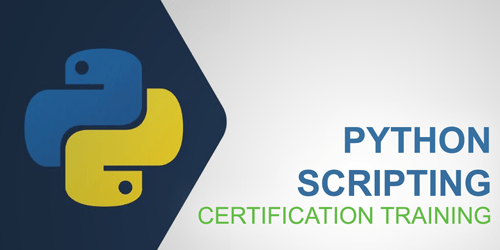FINAL YEAR PROJECTS
EEE PROJECTS
IEEE based Electrical Engineering EEE Projects for MTech / MS / BE / BTech / MCA / M.Sc Final Year students. These projects allow students to gain practical experience and showcase their skills to potential employers through proper documentation, plagiarism-free reports, and source code.

Final Year Projects for EEE
Final year Electrical students can choose to work on a wide range of projects in any of the softwares like MATLAB, Simulink (Dynamic System Simulation), Pspice, Multisim, ETAP, Power World Simulator, PSCAD, PSS/E, LabVIEW, and Keil uVision.
1000+ IEEE Projects • 250+ Domains

1000+ IEEE Projects
Offering more than 120 domains in all branches with world class projects

Expert Teachers
Having a team of highly qualified trainers having 5+ years experience

Unlimited Access
All the Projects content and videos available in Ameerpet portal
Electrical Projects Description
Here are course descriptions related to Programming and Frameworks which will help you to gaining a thorough knowledge of the course.

POWER SYSTEMS PROJECTS

POWER ELECTRONICS PROJECTS

CONTROL SYSTEMS PROJECTS

ELECTRICAL VEHICLES PROJECTS
Final Year Projects FAQs
Here are answers to some questions related to Electrical Projects for Final Year Students which are frequently asked by engineering students.
Latest Projects Blog Posts
Ameerpet’s informative blogs will enhance your knowledge of several aspects of Final Year Projects. Gain a vast understanding of this domain and become a successful Programming and Frameworks professional.




